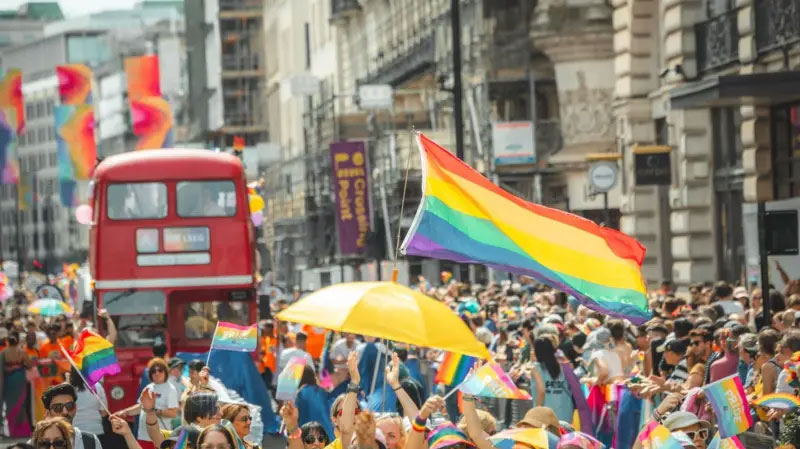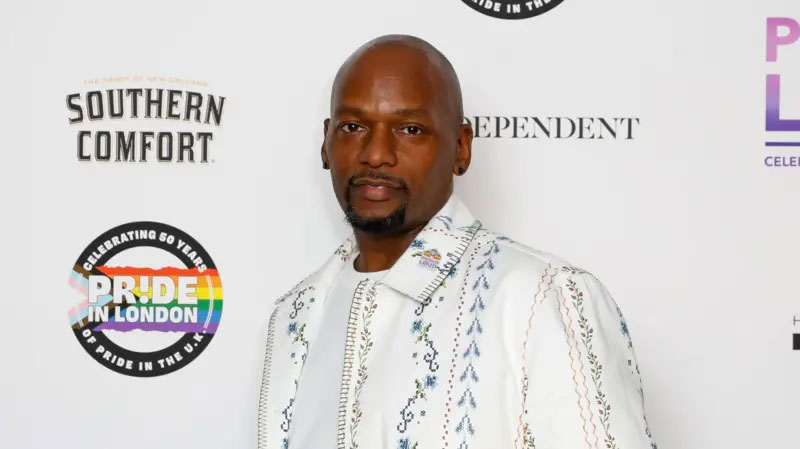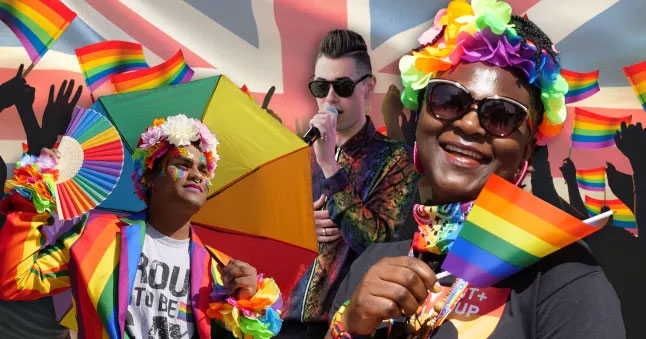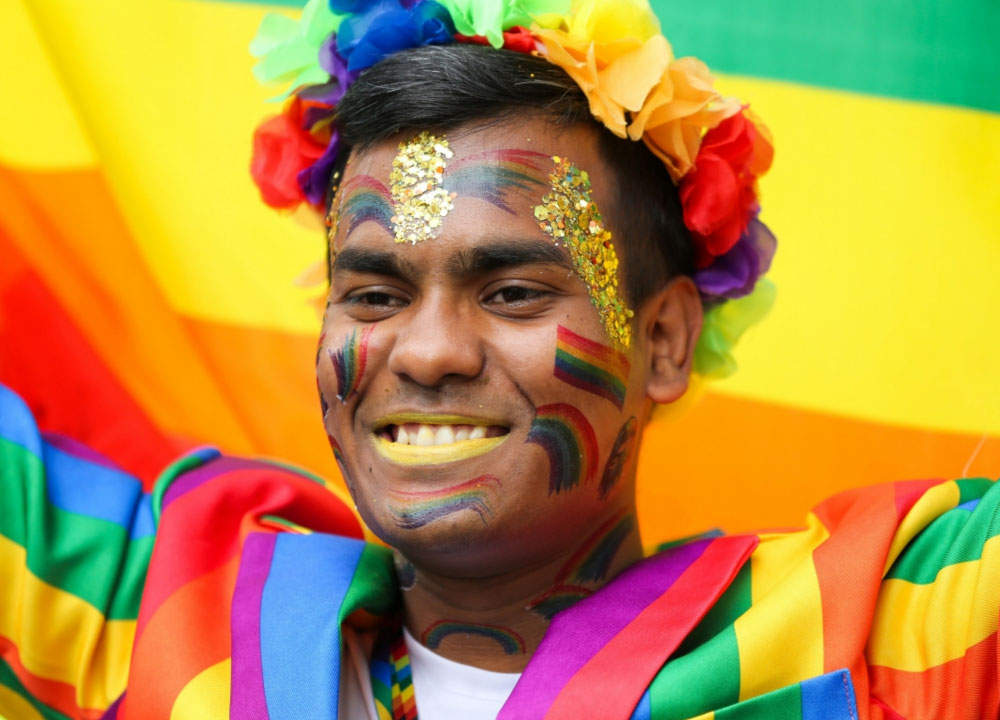Pride in London, one of Europe’s largest and most visible LGBTQ+ celebrations, is facing turbulence after its Chief Executive, Christopher Joell-Deshields, was suspended following serious allegations of misconduct.
According to reports in The Guardian and BBC News, the allegations include misuse of sponsor-donated vouchers—allegedly spent on luxury perfumes, Apple speakers, and headphones—as well as accusations of bullying and fostering a toxic culture within the organisation. Some volunteers, including a disabled member, have claimed they experienced harassment through hostile messages.
These developments come at a particularly challenging time for Pride organisations across the UK. Many are already struggling with reduced funding, volunteer burnout, and broader societal pressures. For an organisation as high-profile as Pride in London, such allegations threaten not only its internal stability but also its credibility with the public, sponsors, and the wider LGBTQ+ community.
A Divided Leadership
The matter is further complicated by governance disputes. A newly-formed board of directors for London LGBT Community Pride (LLCP), the community interest company that manages parts of the Pride event, moved to suspend Joell-Deshields. However, he has publicly contested the legitimacy of this decision, stating that he still considers himself CEO and a director of the organisation.
This clash highlights underlying structural and governance issues within the organisation, raising concerns about accountability, transparency, and community trust.
Why This Matters for the LGBTQ+ Community
Pride is more than a parade—it is a statement of visibility, solidarity, and resistance. For volunteers and community members, allegations of misuse of funds and bullying within such a key institution can feel like a betrayal of the very values Pride represents: openness, inclusivity, and respect.
Several volunteers have voiced fears that this controversy could make it harder to attract much-needed sponsorship and support at a time when Pride organisations are already in a fragile position. As one volunteer told the BBC:
“People initially found it hard to speak out because of the very fragile state of Pride organisations in the UK.”
The credibility of Pride in London will depend on how transparently and responsibly the organisation handles these investigations.
The Road Ahead
While the facts are still being investigated, one thing is clear: this moment is a test of accountability for Pride in London. LGBTQ+ communities deserve leadership that not only organises powerful public celebrations but also embodies the values of fairness, inclusion, and integrity behind the scenes.

At Voice of Rainbow, we believe that every Pride organisation—large or small—must prioritise creating safe, respectful, and transparent spaces for both volunteers and participants. Pride must never lose sight of its roots in grassroots activism and community care.
The coming weeks will be crucial. How Pride in London addresses these allegations may shape not only the future of the event but also the trust and solidarity of the communities it serves.



